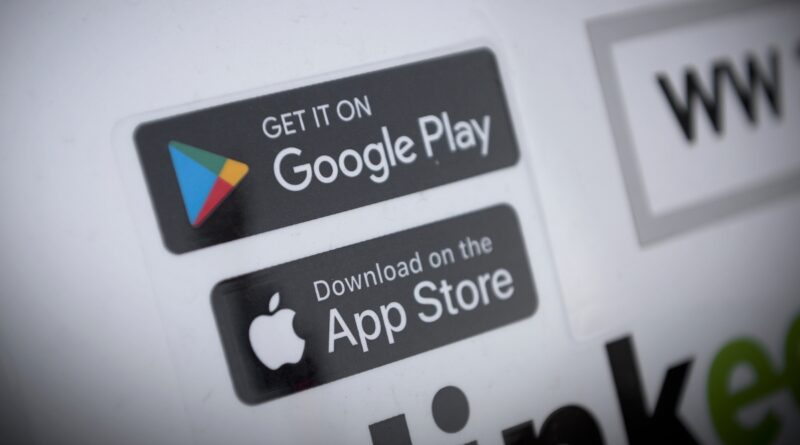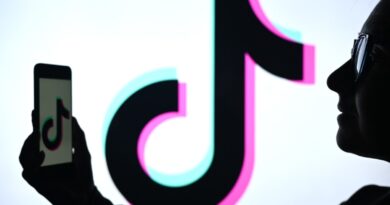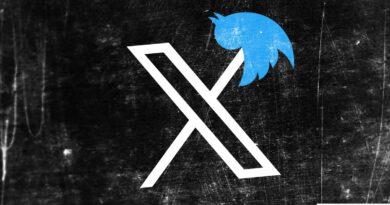‘GAFAM’ tech giants, ByteDance and Samsung expect to face EU’s rebooted antitrust regime
Seven tech giants have informed the European Union that its rebooted antitrust regime — the Digital Markets Act (DMA) — will apply to them.
The initial seven, the majority of whom are US-based giants, are: Alphabet (Google), Amazon, Apple, ByteDance (TikTok), Meta (Facebook), Microsoft and Samsung.
The DMA takes an ex ante approach to antitrust enforcement on major platforms that act as intermediaries between other digital businesses and consumers. It does this by laying out an up-front set of obligations and prohibitions which designated gatekeepers must abide by — with the threat of very large penalties (of up to 10% of global annual turnover) for non-compliance.
Examples of DMA ‘dos and don’ts’ that apply to gatekeepers include a ban on self preferencing and limits on how tech giants can use third party data, as well as a requirement to provide third parties with data their apps generate. App store gatekeepers also won’t be able to block sideloading nor require developers to use their own services (such as payment systems).
Tracking users for ads without their consent is also banned under the regime, among other stipulates.
In general, the EU hopes the DMA will level the competitive playing field online by proactively stamping on unfair/exploitative behaviors that tech giants have been indulging in for years by throwing their market muscle around.
The official designation of gatekeepers will be announced later this summer by the Commission — which has until September 6 to do so. This means more names could still technically be added to the list. Although the DMA is intended to target only the most powerful platforms so the list is unlikely to grow much.
Once confirmed falling under the regime, gatekeepers must ensure they are in compliance with the DMA six months after the official designations are announced — which means by spring 2024. Enforcements by the Commission on any rule breakers could then follow next year.
While the DMA list currently contains no European tech giants, homegrown travel booking behemoth, Booking.com, may end up making the cut later this year.
The platform told us it has not yet self notified as a gatekeeper, owing to the impact of COVID-19 on its business which it said meant it does not meet the DMA’s quantitative thresholds for the time period associated with the July 2023 submission deadline. It added that it is continuing discussions with the Commission on the applicability of the regulation to its business.
“We have communicated this to the European Commission,” a Booking spokeswoman said. “However, we expect that these thresholds will likely be met at the end of this year, in which case we would expect to notify the European Commission of that fact within the required deadlines.”
The DMA’s sister regulation, the Digital Services Act, applies more broadly than the DMA, as its name implies — with a full 19 platforms announced by the Commission back in April as falling under the strictest provisions of that regulation which aim to drive algorithmic accountability atop so-called very large online platforms (VLOPs) and search engines (VLOSEs).
Almost all self-notifying DMA gatekeepers have already been designated as VLOPs/VLOSEs under the DSA (Samsung is the only exception) — meaning the five ‘GAFAM’ US giants plus China’s ByteDance are set to face the strictest compliance requirements under the EU’s rebooted digital rulebook.
‘GAFAM’ tech giants, ByteDance and Samsung expect to face EU’s rebooted antitrust regime by Natasha Lomas originally published on TechCrunch



 Following our review process, official designation will be announced no later than 6 September
Following our review process, official designation will be announced no later than 6 September 

